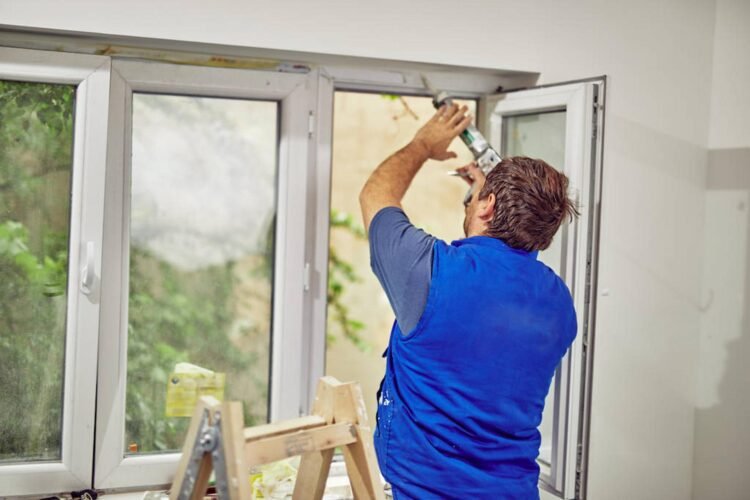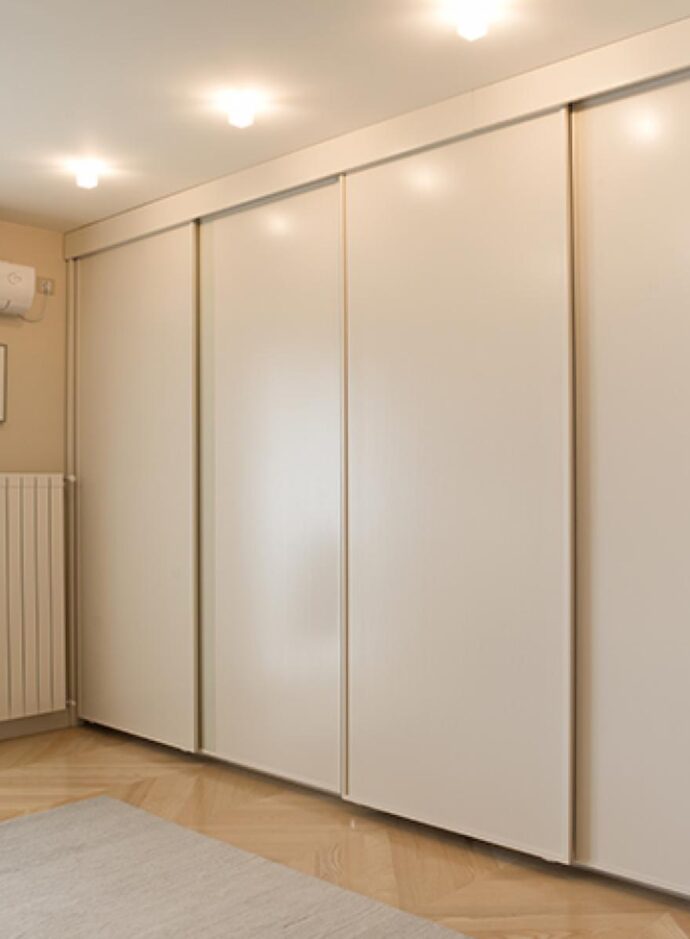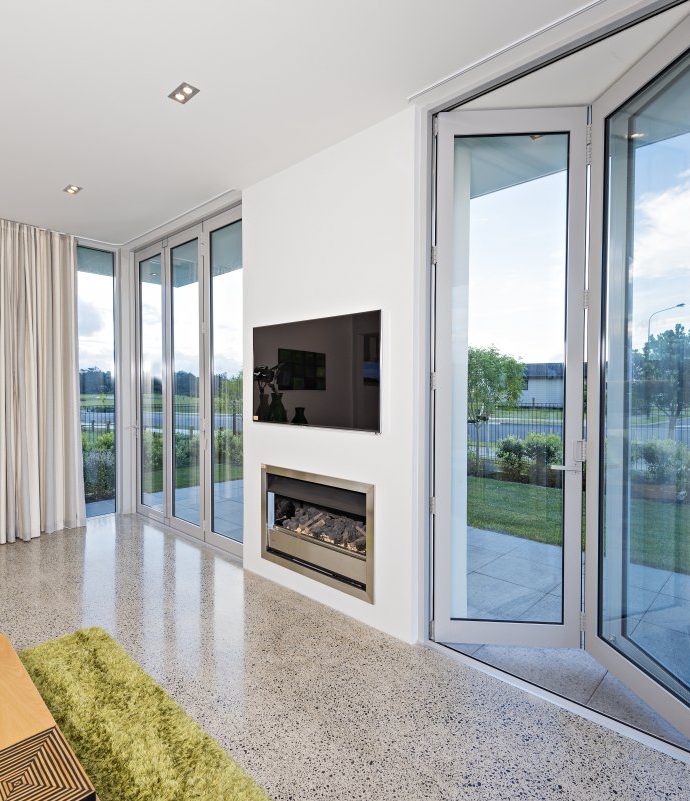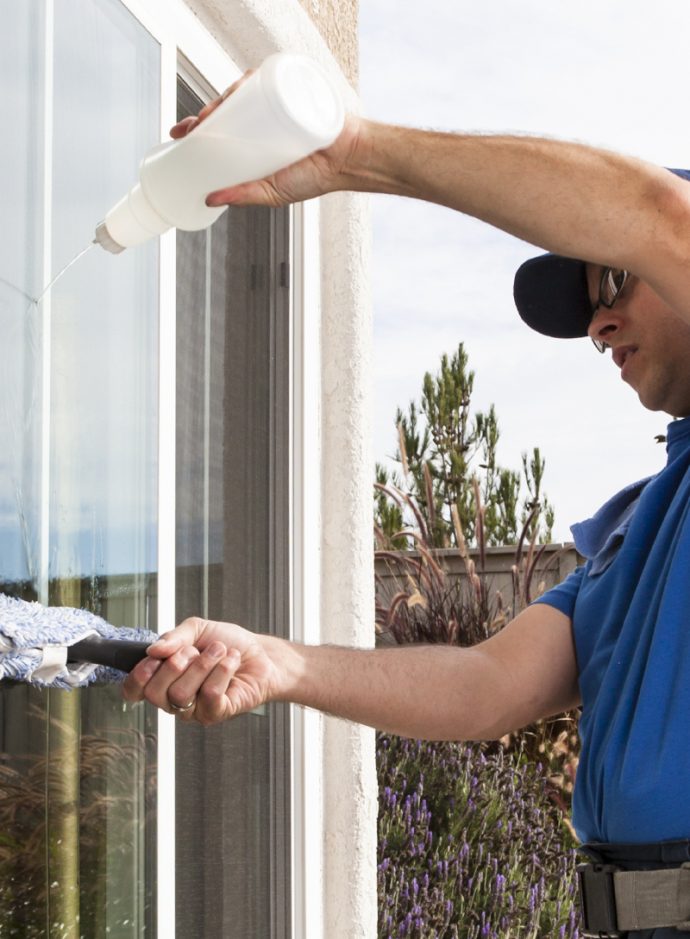Discover the various types of glass used in residential and commercial settings, from tempered to frosted glass. Learn how each type enhances safety, energy efficiency, and aesthetics and why proper glass repair is essential for maintaining long-lasting functionality.
Glass has been an essential building material for centuries, evolving from simple panes in windows to highly specialised forms used in homes and commercial settings. From providing light and enhancing aesthetic appeal to ensuring safety and insulation, glass serves various critical functions. But not all glass is the same. The type of glass you choose depends on its intended use, whether in a home, office, or retail environment.
This guide explores the different types of glass, their unique properties, and the ideal applications for residential and commercial purposes. Understanding the distinctions between each type of glass allows you to make informed decisions for your next project—a simple window replacement or an entire building façade. Additionally, we’ll touch on glass repair needs and how to manage them.
The Different Types of Glass
Tempered Glass
Thanks to its strength and safety features, tempered glass is one of the most common types used in residential and commercial settings. It is made by heating it to high temperatures and then rapidly cooling it, which increases its durability.
Key Features of Tempered Glass
- Safety: If broken, it shatters into small, blunt pieces, reducing the risk of injury.
- Strength: It is up to four times stronger than regular glass.
- Heat Resistance: Can withstand higher temperatures, making it ideal for kitchen areas and commercial spaces with machinery.
Applications
- Windows
- Shower doors
- Office partitions
- Glass doors for shops
Tempered glass is trendy for spaces that require safety, such as schools, public buildings, or areas prone to high traffic.
Laminated Glass
Laminated glass consists of two or more layers of glass bonded together with a layer of plastic in between. This process makes it an excellent choice for areas where security and noise reduction are priorities.
Key Features of Laminated Glass
- Sound Insulation: The multiple layers offer better soundproofing compared to standard glass.
- Security: Even when shattered, the glass remains stuck to the plastic interlayer, offering enhanced protection.
- UV Protection: Laminated glass can block harmful UV rays, protecting interior furnishings from fading.
Applications
- Storefronts and display windows
- Skylights
- Residential windows in busy urban areas
- Automotive windshields
Because of its strength and security, laminated glass is often used in commercial settings like banks and jewellery stores.
Insulated Glass Units (IGUs)
Also known as double-glazed or triple-glazed glass, insulated glass units are made by sealing two or more glass panes together, with air or gas-filled spaces in between. This design improves energy efficiency, making it ideal for both residential and commercial buildings aiming for sustainability.
Key Features of IGUs
- Energy Efficiency: Helps maintain temperature, reducing heating and cooling costs.
- Noise Reduction: Offers excellent sound insulation due to the multi-layer structure.
- Condensation Resistance: The sealed units prevent moisture buildup between panes.
Applications
- Residential windows and doors
- Commercial buildings with high energy efficiency goals
- Conservatories and sunrooms
IGUs are often found in modern homes that aim to reduce their carbon footprint and in large commercial buildings that are focused on sustainability.
Frosted Glass
Frosted glass has a translucent appearance due to the etching or sandblasting of its surface, making it popular for areas that require both light and privacy.
Key Features of Frosted Glass
- Privacy: Offers seclusion without sacrificing natural light.
- Aesthetic Appeal: Adds a decorative element to various spaces.
- Easy Maintenance: Resistant to fingerprints and smudges compared to clear glass.
Applications
- Bathroom windows
- Office partitions
- Entry doors with decorative glass inserts
- Meeting rooms in commercial offices
Frosted glass is ideal for residential areas like bathrooms, entryways, and commercial spaces where privacy is necessary, such as conference rooms.
Low-E Glass (Low Emissivity Glass)
Low-E glass is coated with a unique metallic layer designed to reflect infrared and UV light, which helps control the temperature within buildings.
Key Features of Low-E Glass
- Energy Savings: Keeps heat inside during winter and reflects it outside in summer, reducing energy costs.
- UV Protection: Minimizes UV light penetration, helping to protect indoor furnishings.
- Comfort: Enhances indoor comfort by maintaining a stable temperature throughout the year.
Applications
- Residential windows
- Skylights
- Large glass façades in commercial buildings
- Greenhouses
Low-E glass is often used in homes or commercial spaces aiming to reduce energy consumption while maintaining comfortable indoor temperatures.
Tinted Glass
Tinted glass is created by adding colourants during the manufacturing process, which enhances the aesthetic of buildings and offers functional benefits such as heat and glare reduction.
Key Features of Tinted Glass
- Heat Reduction: Blocks a significant amount of sunlight, reducing indoor heat.
- Glare Control: Minimizes glare, making it ideal for areas with high sun exposure.
- Privacy: Offers a degree of privacy without completely blocking the view.
Applications
- Office buildings with large windows
- Commercial storefronts
- Sunrooms and conservatories
- Residential properties in hot climates
Tinted glass is particularly beneficial in commercial settings such as office buildings, where large windows are prevalent, but energy efficiency and comfort are essential.
Residential vs. Commercial Glass: What’s the Difference?
While some types of glass are suited for residential and commercial uses, there are differences in how they are applied. Here’s a closer look at the distinctions:
Residential Glass Applications
- Aesthetic and Comfort Focus: Homeowners typically prioritise glass that enhances the look of their space while ensuring energy efficiency and safety. Frosted, laminated, and IGUs are commonly used.
- Smaller Scale: Residential glass installations are often smaller than those of commercial buildings, focusing on doors, windows, and decorative features.
- Cost Sensitivity: Homeowners may opt for more cost-effective options unless they specifically look for premium glass types like Low-E or tempered glass.
Commercial Glass Applications
- Durability and Security: Commercial buildings require glass that can withstand wear and tear, which is why laminated and tempered glass are often the go-to choices.
- Large-Scale Installations: Commercial spaces often feature large windows, glass façades, and extensive partitions, which require thicker, stronger glass.
- Energy Efficiency: For large office buildings or retail spaces, energy-efficient glass, such as IGUs or Low-E glass, is crucial for managing energy costs.
The Importance of Glass Repair
Whether it’s residential or commercial glass, the need for repair can arise from time to time due to breakage, wear, or environmental damage. Proper glass repair ensures the longevity of the glass installation, prevents further damage, and maintains the safety and security of the building.
Signs You May Need Glass Repair
- Cracks or chips in windows or doors
- Foggy appearance in double-glazed units (a sign of seal failure)
- Difficulty opening or closing glass doors
- Scratches or damage impacting visibility or appearance
If your glass shows any of these signs, immediate attention is crucial to prevent further complications and ensure safety.
Conclusion
Understanding the different types of glass and their applications is essential for making informed decisions in both residential and commercial projects. Whether you’re looking to enhance the energy efficiency of your home with insulated glass units or seeking security and soundproofing in your storefront with laminated glass, the right choice will significantly impact your space’s functionality and appearance.
Each type has unique strengths, from frosted glass’s versatility to tempered glass’s durability. Don’t forget the importance of proper glass repair in maintaining your glass installations‘ safety, beauty, and efficiency. Choosing the right type of glass, coupled with timely maintenance, will enhance the aesthetic and practical aspects of any building for years to come.




